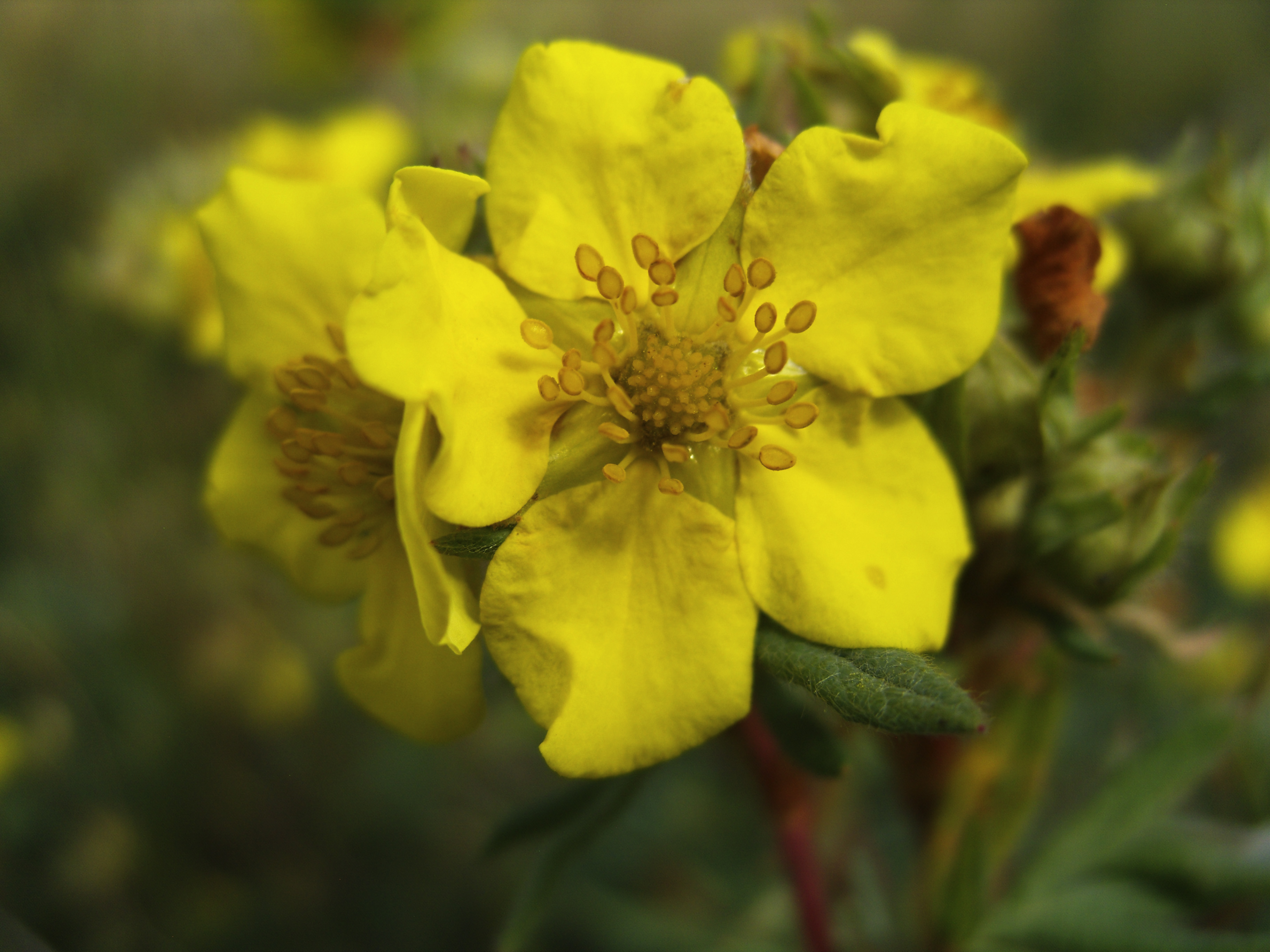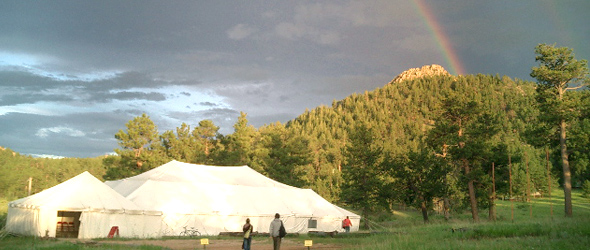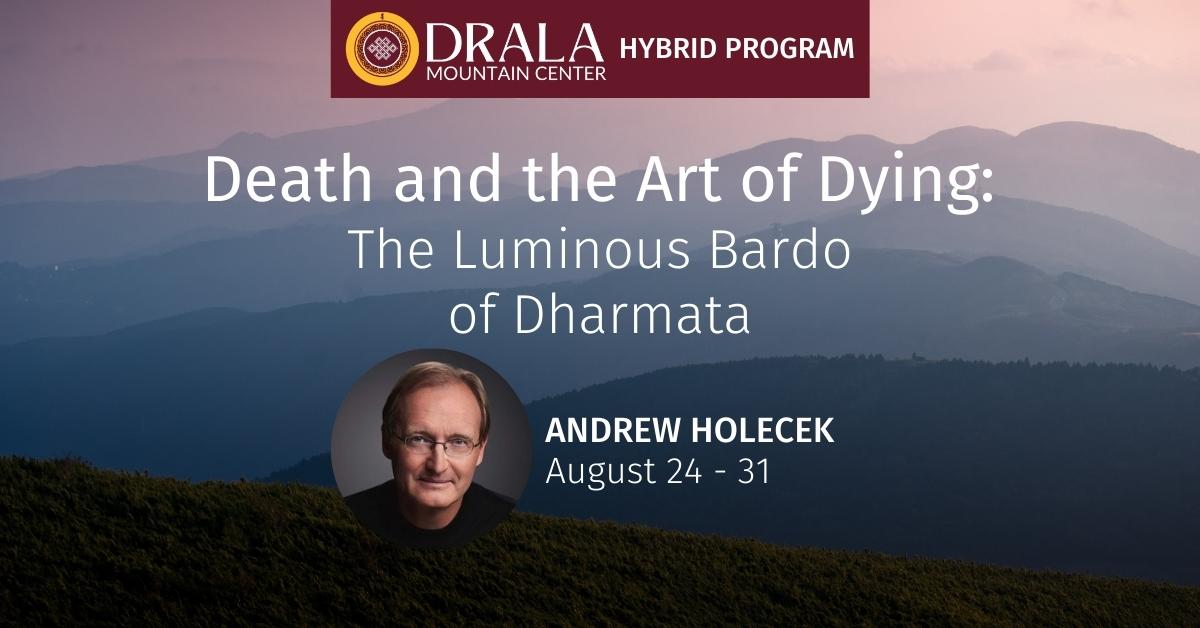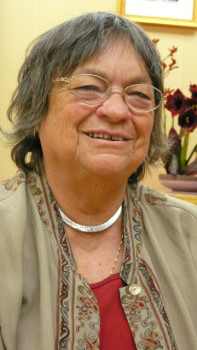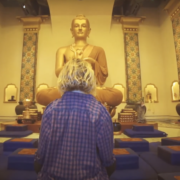Taking Joy
Photo by Greg Smith
Author, teacher, and innovator in the mindful recovery movement, Kevin Griffin, shares an exclusive excerpt with us from his new book, a work in progress tentatively titled Happy, Joyous, and Free: A Buddhist Guide to Contentment in Recovery.
No matter how together our lives are, how good they look, how much stuff or success or fame we have, if we can’t take joy in it, we won’t be happy. Taking joy is the realm of mindfulness, practice at the center of all Buddhist teachings. Mindfulness is fundamentally about being present for our life, for each moment in a wholehearted, non-reactive, inquisitive, and intuitive way. While mindfulness is an inherent human capacity that we all have, it’s something most of us have never developed and need guidance and practice to establish. Mindfulness training is done formally in meditation. It is done informally in all activities, like walking, talking, eating, or exercising. Anything we can do, we can do mindfully and mindfulness enhances the experience of any activity.
With mindfulness, we actually experience the joy in our lives. We taste our food more fully; we feel our emotions more clearly; we see the beauty around us and are touched by sorrow, joy, and pleasure. Mindfulness enriches every moment.
When we take joy, we remind ourselves to fully experience something. I often find it amusing when I’m at some beautiful natural site and people pull out their cameras. Instead of actually experiencing the beauty, they are trying to capture it and take it home. How silly. As if looking at a picture of the Grand Canyon or the Golden Gate could be more satisfying than being there. And yet, if we don’t learn how to be fully present, to be mindful, this is often the best we can do. When we are numbed by the constant inflow of sense experiences that our culture provides, it can become hard to feel anything more than superficially.
For me, it was only after I’d gone on a Buddhist meditation retreat in California that I started to discover this kind of engagement. Returning to my hometown in Pennsylvania for Christmas, I was shocked to see how beautiful it was. I’d never noticed the loveliness of the brick sidewalks, the Victorian mansions, the tree-lined streets, and the 18th century church. I realized that I’d sleepwalked through my life until then, caught up in my own thoughts and feelings, taking my surroundings for granted. I finally began to take joy in the world around me.
In my role as a spiritual teacher, I’ve been fortunate to have the opportunity to perform a few marriages. Each time I do, I try to emphasize to the couple the importance of being present and taking joy in the moments of the ceremony. Especially in experiences like getting married—with all the excitement, stress, and trappings—it’s easy to get lost and forget to pay attention. These are precious moments that only come once (hopefully), and we must remember to fully take in their joy. As a musician, I used to play at weddings from time to time, and seeing the bride or groom getting drunk was particularly tragic to me for this very reason.
Here’s another, much simpler example of taking joy: When I eat a piece of high quality chocolate, I stop and savor it, smelling the chocolate, inhaling the flavor, rolling my tongue over the smooth texture, chewing slowly, and taking in the whole pleasurable experience. Ah!
Interestingly, when I was working with some mindful eating researchers who were developing a program for severely obese people, this same technique was used to develop aversion to unhealthy snacks. The researchers asked the participants to slowly and mindfully eat junk food, the result being that the participants realized that they didn’t really like this stuff, but were eating it out of habit. This exercise has important implications for all of us, that if we pay attention to any of our activities, we will see which ones are bringing us happiness and which ones are leading in the other direction.
Mindfulness helps us to see clearly the difference between taking joy and grasping at pleasure. While the Buddha pointed out the fruitlessness of clinging, he also encouraged us to appreciate what we are experiencing here and now. Take joy in each moment, and then let it go. This is our path.
Kevin is leading The Joy of Recovery: Buddhism, Chi Kung &12 Steps with Greg Pergament at SMC from December 6-8. To read more about this powerful and supportive retreat, click here.

